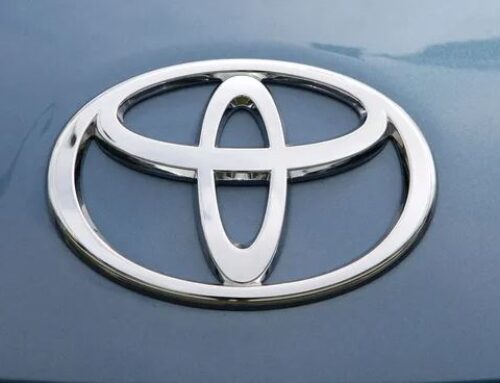Midyear Check-In: Take These 3 Actions Now to Start Cleaning Your Financial House
Now is a good time to rebalance investments in your retirement plan and make sure you’re making the most of your benefits.
Sharon Epperson & Stephanie Dhue | CNBC | July 20th, 2023
Summer can be an ideal time to slow down, reflect and reset your money mindset. You also may find more time to review your financial goals and decide whether you need a reboot.
Here are three key actions financial experts suggest you take midyear.
1. Review and reset your budget
Looking at your cash flow or the dreaded “B” word (that is, budget) can be as simple as making a T-chart on a piece of paper. Draw a line down the middle of a lined piece of paper and write all your sources of income on the left side and all your liabilities or mandatory expenses on the right, including rent/mortgage, car payment, credit card bills and anything else you must pay every month.
Continue to review your budget regularly to make sure you’re staying on track.
2. Check your tax withholding
To avoid having too little tax withheld from your pay and facing an unexpected tax bill or penalty at tax time next April, check your tax withholding. That’s the money your employer withholds from each paycheck to put toward your federal and state tax obligations.
Get your latest pay stub for your job(s) and your 2022 tax return, then go to the IRS Tax Withholding Estimator tool at irs.gov to figure out if the correct amount of taxes is being withheld. If you need to change your withholding, fill out an IRS Form W-4 and submit it to your employer.
Adjusting your tax withheld now can also help with your cash flow and ensure you receive a bigger paycheck and smaller refund at tax time.
3. Review your retirement savings
Review your workplace retirement savings plan to ensure that you are on track to maximize your 401(k) contributions. Now may also be a good time to consider moving some of your traditional, pretax 401(k) money to a Roth 401(k) if your company offers in-plan conversions and you can afford the upfront tax hit.
“We really strongly believe we’re on a runway for the current tax laws to expire in 2025,” said Sam G. Huszczo, a CFP, CFA and founder of SGH Wealth Management in Lathrup Village, Michigan. “If they do, they revert back to 2017 and pretty much every tax bracket goes up 2% to 4%.”
“This might be a good moment to switch your entire 401(k) savings from the traditional side over to the Roth 401(k) side, even if you’re in a high tax bracket right now,” he added. After paying the tax on the conversion, your funds can grow Tax-Free. Still, check with a tax professional to make sure this financial move is right for you.






Keep In Touch